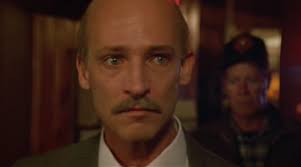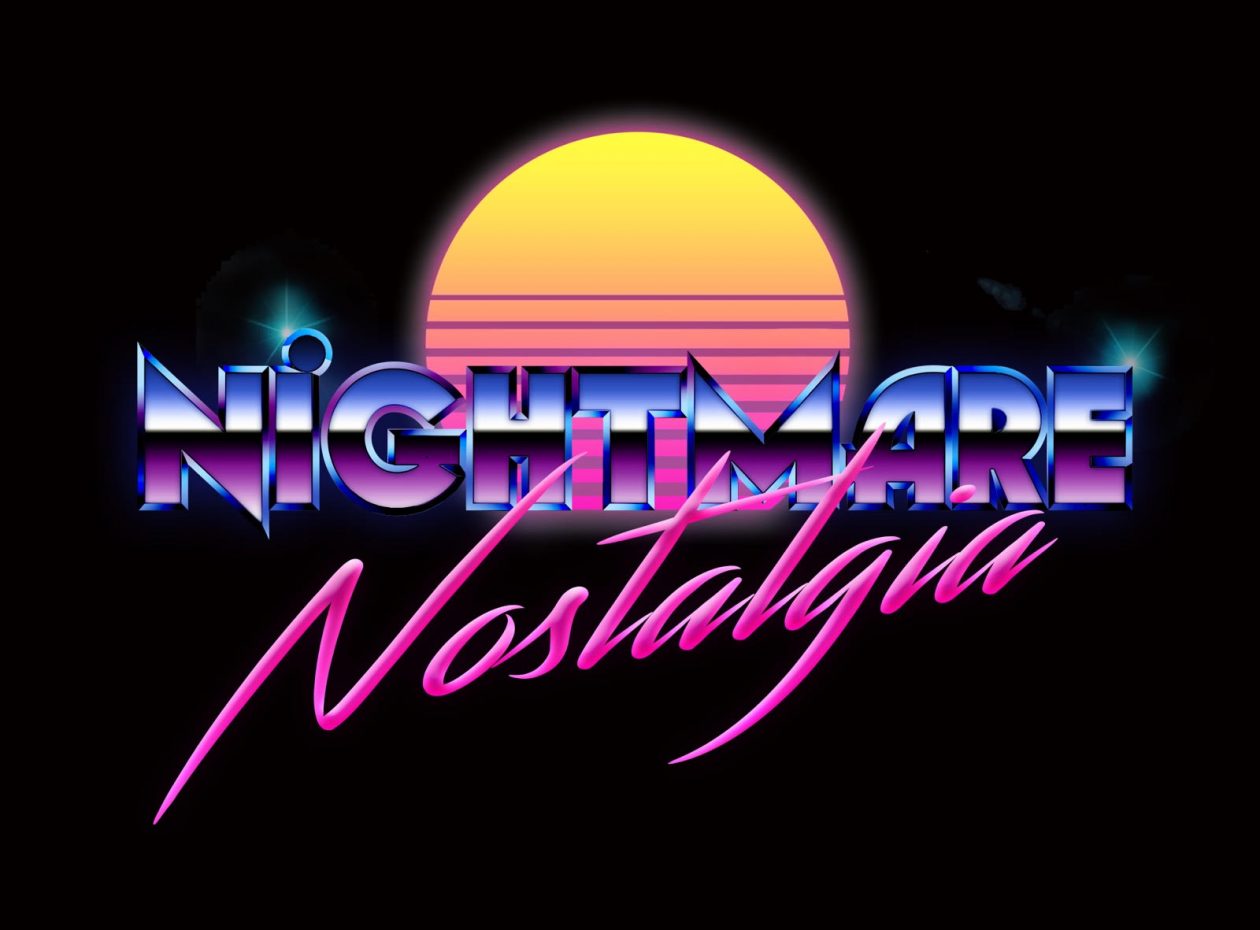It’s a phenomenon that has existed since the advent of cinema. A day player walks onto a set and so dominates a scene that it comes to define the picture.
Thirty-six years ago–October 11, 1985–with Corey Haim on the cusp of becoming a household name and Gary Busey at the height of his stardom (just six years removed from a Best Actor nomination), it was a character actor from St. Louis, Missouri who held audiences rapt for 103 beautifully agonized seconds.
SILVER BULLET was an adaptation of Stephen King’s Cycle of the Werewolf novella that told the tale of a lycanthrope terrorizing the town of Tarker’s Mills, and the young, wheelchair-bound boy (Haim) trying to stop him.
Too often, werewolf movies focus on carnage and transformation scenes, and as a result fail to connect with viewers on a personal level, but SILVER BULLET was not most werewolf movies.
When Marty’s best friend was torn apart by the beast, King (who also penned the screenplay) and first-time director Daniel Attias elected to make said murder more than a blip on the body county radar and instead used it as the vehicle that would propel the rest of the film.
Angry townsfolk, at that point convinced that the culprit in the untimely and brutal deaths of their neighbors and friends was a psycho wandering the woods, assembled at the local watering hole to devise a plan to put a stop to the unseen monster terrorizing their home. They were planning private justice.
The appetizer to Kent Broadhurst’s game-changing main course.
When Sheriff Haller (Terry O’Quinn) stormed into Owen’s Bar to order the throng back to their homes, local loudmouth Andy Fairton (the ever reliable Bill Smitrovich), upset that he’d been defeated by Haller in a recent election for the constable position, attempted to discredit the lead lawman with the proclamation that Haller “couldn’t catch a cold.”
Pub owner Owen Knopfler (Lawrence Tierney) immediately sniped “shut up, Andy” but Fairton’s “don’t tell me to shut up” was interrupted by an off-camera, almost whispered, “Yes. Shut up.” Everything came to a screeching halt as that camera panned, and Broadhurst assumed center stage.
Portraying Herb Kincaid, the father of Marty’s slain friend Brady (Joe Wright), Broadhurst stepped to the fore and shared that he’d just come from his son’s funeral. Haller quickly moved toward Kincaid in an ill-conceived attempt to comfort him with “I know how upset, how grief-stricken you must be.”

Orbs reddened from mourning, Kincaid responded “upset? Grief-stricken? You don’t know what those words mean.”
When Haller acknowledges that he knew that Kincaid’s son had been torn to pieces, Broadhurst pulled a crime scene photo from within his jacket and offered a glimpse to the would-be militia, roaring “my son was torn to pieces!” A cut to the armed and bundled inhabitants of Owen’s Bar was all of us: heartbroken and incapable of response, because what do you say–what can you say–to a parent who so gruesomely lost a child?
Broadhurst refocused his simmering sorrow upon Haller, and with exhausted eyes wondered aloud “and you come in here and talk to these men about private justice?” before sneering “you dare to do that?”
At that point, it was Quint waxing Indianapolis a decade later: every screening room in the country where SILVER BULLET was playing sat tomb silent.
“Why don’t you go out to Harmony Hill,” a brief pause allowed a disgusted snarl to form on Kincaid’s face at the officer’s ineffective investigation before he forced himself to say his name, “Sheriff Haller, and dig up what’s left of my boy Brady, and explain to him about private justice.
Would you wanna do that?!”
Though the interval between that query and “as for me, I’m gonna go out and hunt up a little private justice” was but mere seconds, it hung in the air for what felt an hour, because Broadhurst’s somber-turned-seething speech made us believe that the anguish behind it was authentic.
In that moment, SILVER BULLET was no longer a goofy werewolf movie where gore and mind-boggling practical effects were the highlights, but a story about loss and fear and pain, because Broadhurst communicated quite clearly that deaths in this film were not entertaining, they were excruciating.
It was an execution that any actor would be proud to call their own. An entire career of stage and screen work culminated in less than two minutes that opened the door for the very human performances to come from Busey and Robin Groves and Megan Follows.
You can have the transformation from AN AMERICAN WEREWOLF (1981), I’ll take a minute and forty-three seconds of Kent Broadhurst every time out of the gate and regret nothing.
(Broadhurst begins at 1:17)

